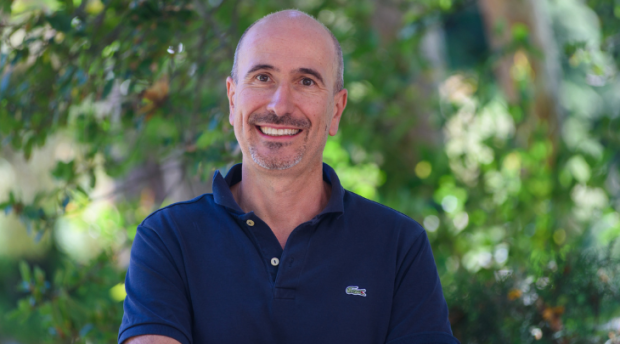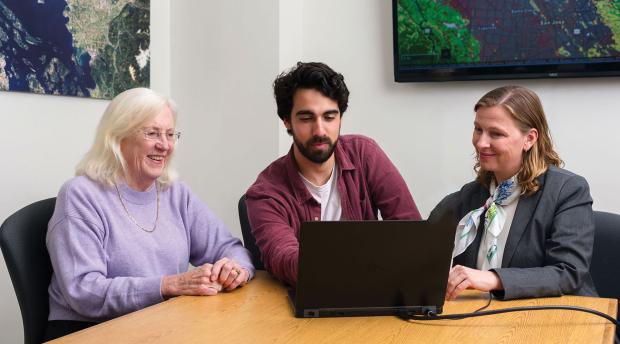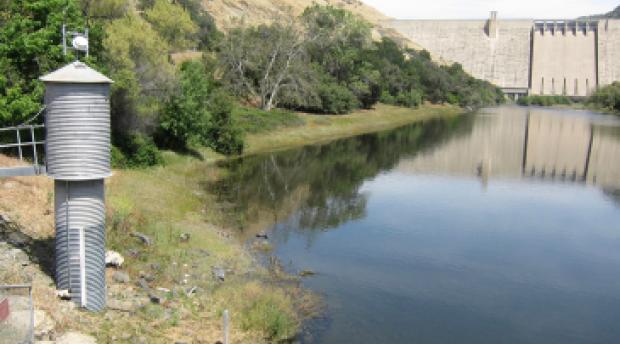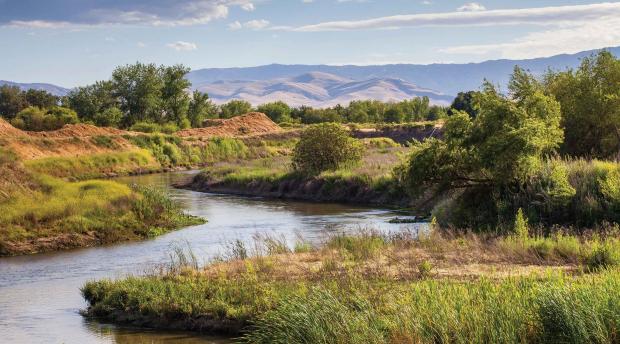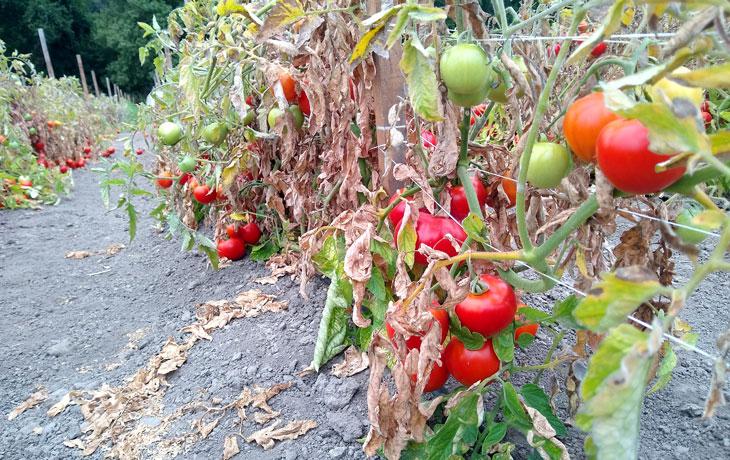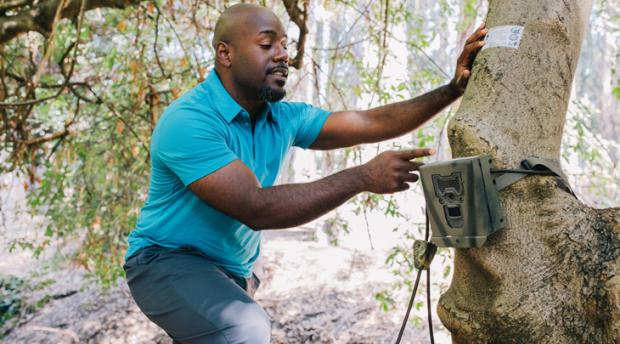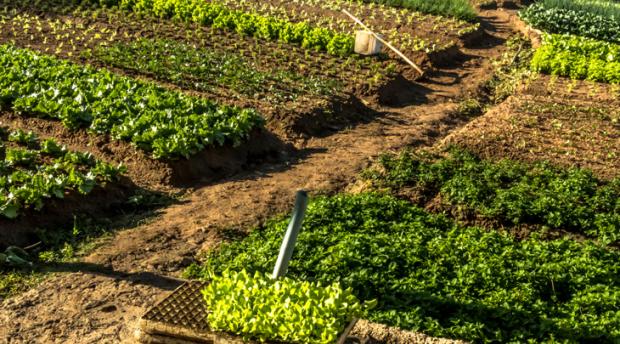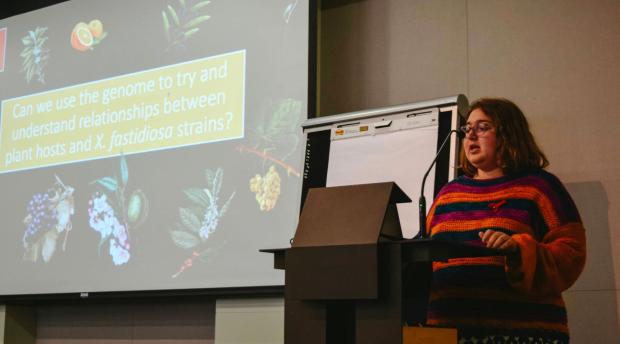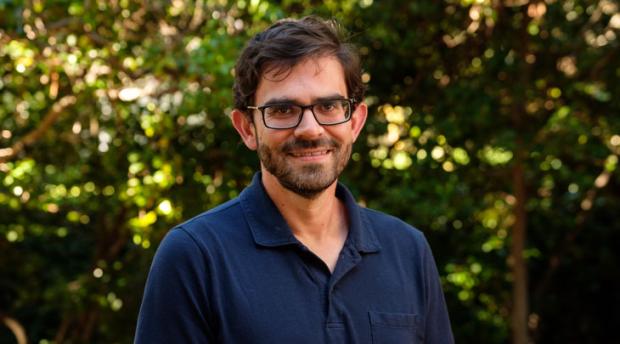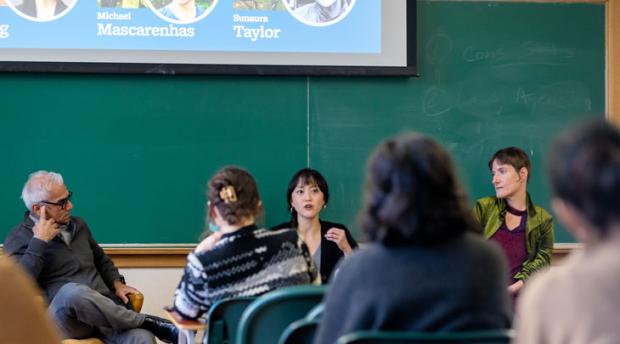The ESPM professor was awarded the Prince Sultan Bin Abdulaziz International Prize for Water, which recognizes cutting-edge innovation in water research.
Study shows PFAS threat to drinking water in rural, predominantly Latinx communities
Researchers in the lab of Professor Rachel Morello-Frosch found that public wells in communities of color might be disproportionately contaminated with harmful "forever chemicals."
Historical redlining linked to lower urban wildlife biodiversity in California
Historically redlined neighborhoods in four of California’s largest cities have significantly lower levels of native and non-native wildlife biodiversity compared to their greenlined counterparts.
Remote sensing rockstar
Kass Green, BS ’74 Forestry, has championed and advanced the application of Geographic Information Systems (GIS) and remote-sensing technologies to identify, quantify, and monitor natural resources.
Q&A: Berkeley Food Institute at Ten
ESPM professor Timothy Bowles and other Berkeley Food Institute leaders reflect on BFI’s first decade and their visions for the future.
Water in California’s streams is poorly monitored, impeding effective management
Berkeley researchers identify gaps in California’s stream monitoring network and propose efficient remedies to improve water management
What's next for California conservation?
Building on successes, grappling with inequities, and advancing a collective vision to protect nature for everyone.
Professor Alejandra Echeverri named CIFAR Azrieli Global Scholar
Echeverri will receive two years of funding and research support for early career researchers from the Canadian Institute for Advanced Research.
Student Spotlight: Abi Shiva
The Environmental Sciences and Legal Studies graduate served as the student speaker for the 2024 Rausser College Commencement on May 13.
What dry farmed tomatoes can teach us about water scarcity
A new study led by postdoctoral researcher Yvonne Socolar, PhD '23 ESPM, examines the fungal communities in soil that help dry farm systems flourish.
Student Spotlight: Cheri Pearson
Pearson, a fourth-year Conservation and Resource Studies and English double major, speaks about attending UC Berkeley as a re-entry student and mother of Cal alumni.
50 years and counting
In honor of the 50th anniversary of the College of Natural Resources, Breakthroughs magazine shares 50 fun facts and big impacts from the College’s first five decades.
Why parrots sometimes adopt — or kill — each other’s babies
Competition over love and real estate drives two extreme behaviors in green-rumped parrotlets, a new study co-authored by Professor Steve Beissinger finds.
Three seniors named winners of the 2024 Babcock Prize
Endowed as a tribute to longtime soil chemistry professor Kenneth Babcock, the prize recognizes high-achieving ESPM undergraduates
Christopher Schell named chapter lead author on first National Nature Assessment
The ESPM professor and urban ecologist will lead the Nature and Equity chapter of the first-ever national assessment of lands, waters, wildlife, and ecosystems in the U.S.
A win-win for people and the environment
A Science study co-authored by Kathryn De Master and Adrian Lu, PhD '20 ESPM, showed that diversified farming practices maintain soil health and on-farm biodiversity while also increasing crop yields, food security, and human wellbeing.
ESPM Graduate Research Symposium: GradFest 2024
ESPM's 2024 Graduate Research Symposium is happening on Wednesday, May 1st starting at 12:00pm! Join us in 575 McCone Hall on campus or tune into the livestream on our YouTube channel.
ESPM’s Damian Elias receives UC Berkeley’s top Equity award
The Chancellor's Award for Advancing Institutional Excellence and Equity recognizes UC Berkeley faculty who have demonstrated exceptional dedication to advancing DEIBJ efforts.
Spring 2024 ESPM faculty book panel
Professors Sunaura Taylor, Youjin Chung, and Michael Mascarenhas discussed their latest books with Rachel Morello-Frosch during a seminar earlier this semester.
Allen Goldstein and Rodrigo Almeida recognized with mentorship awards
Professors Allen Goldstein and Rodrigo Almeida were recognized by UC Berkeley’s Graduate Assembly and Graduate Division for their outstanding faculty mentorship.


